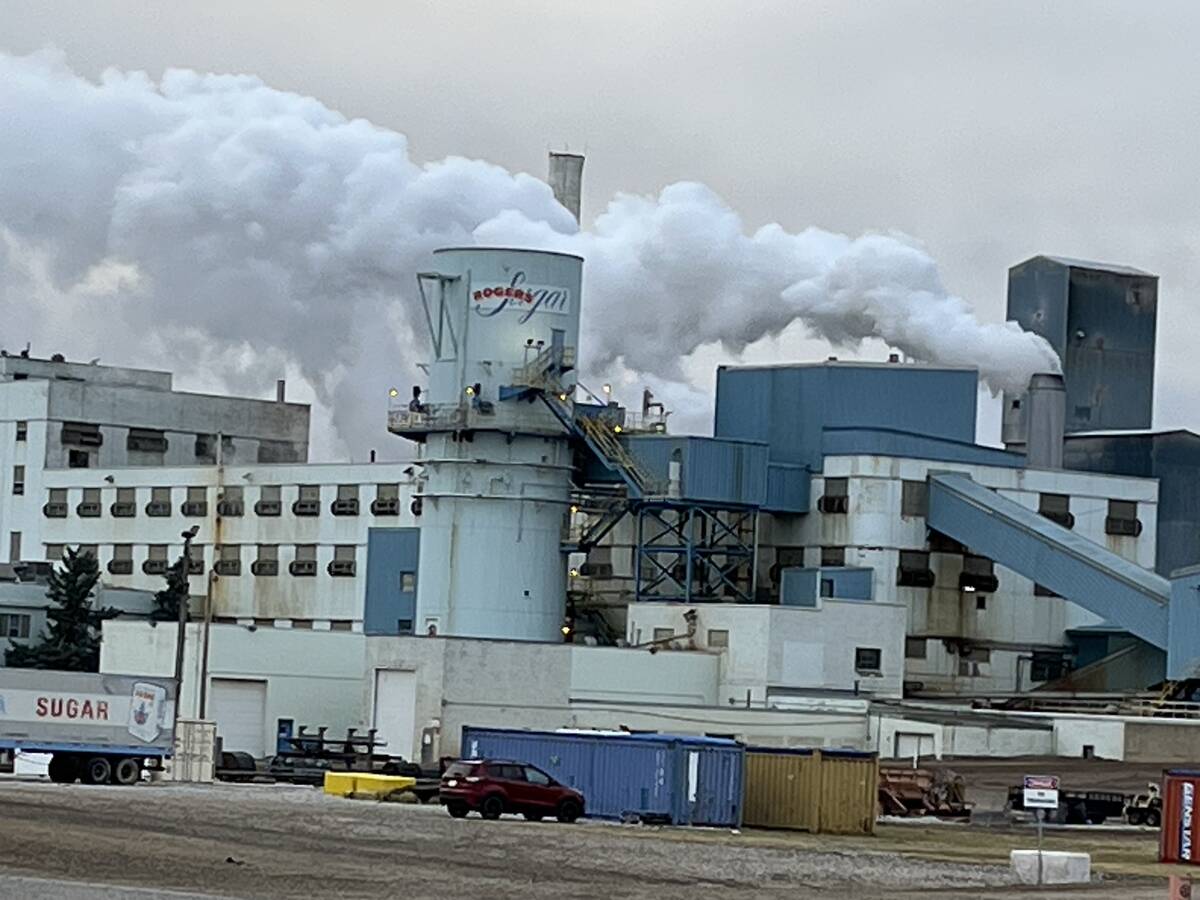CHICAGO, Ill. (Reuters) — The agricultural unit of German chemicals company Bayer said it will fight a United States Environmental Protection Agency request to pull one of its insecticides from the marketplace amid concerns that it could harm organisms in streams and ponds.
Bayer CropScience will instead ask for an administrative law hearing from the EPA’s Office of General Counsel to review the registration of flubendiamide, the active ingredient in Bayer’s Belt pesticide.
The pesticide, launched in 2008, is used to control yield-damaging moths and worms in more than 200 crops including almonds, oranges and soybeans.
Read Also

Sugar beet harvest underway in southern Alberta
Alberta Sugar Beet Growers hosts field tour to educate the public on the intricacies of the crop, its harvest process, and contracts with Lantic Sugar
Bayer’s tests have found that the pesticide is toxic in high doses to invertebrates in river and pond sediment. The organisms can be an important food source for fish.
However, the company’s field studies showed that doses in waters near agricultural fields never reached high enough levels to be toxic.
But the EPA’s risk assessment disagreed so the agency sent Bayer the request on Jan. 29.
“We are disappointed the EPA places so much trust on computer modelling and predictive capabilities when real-world monitoring shows no evidence of concern after seven years of safe use,” said Peter Coody, Bayer vice-president of environmental safety.
After rejecting the EPA’s request, Bayer now expects the agency to issue a formal request to cancel its registration of the pesticide. After a comment period mandated by U.S. pesticide regulation law, Bayer will ask for a formal hearing to determine the pesticide’s fate.
Belt will remain on the market throughout the process.














